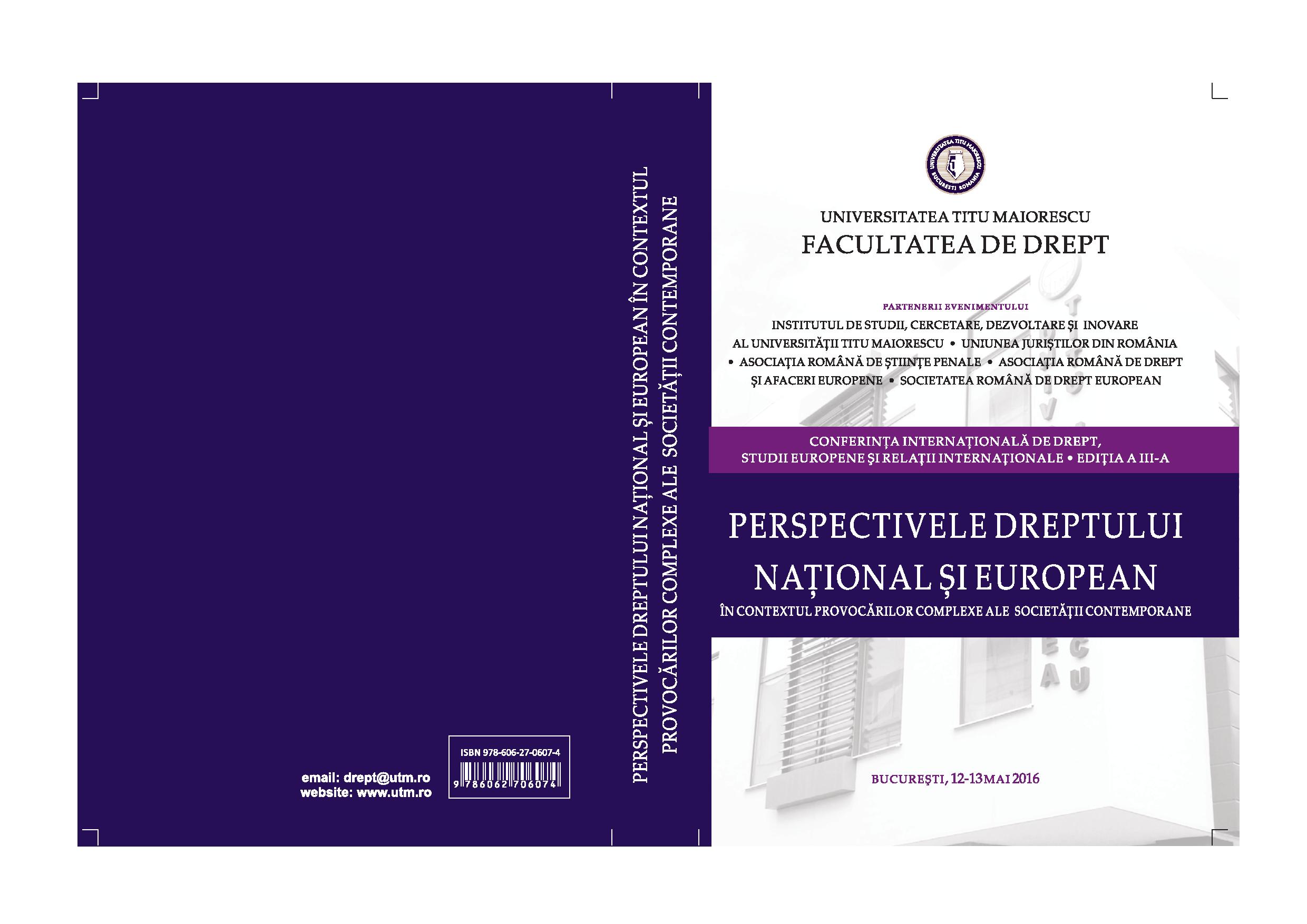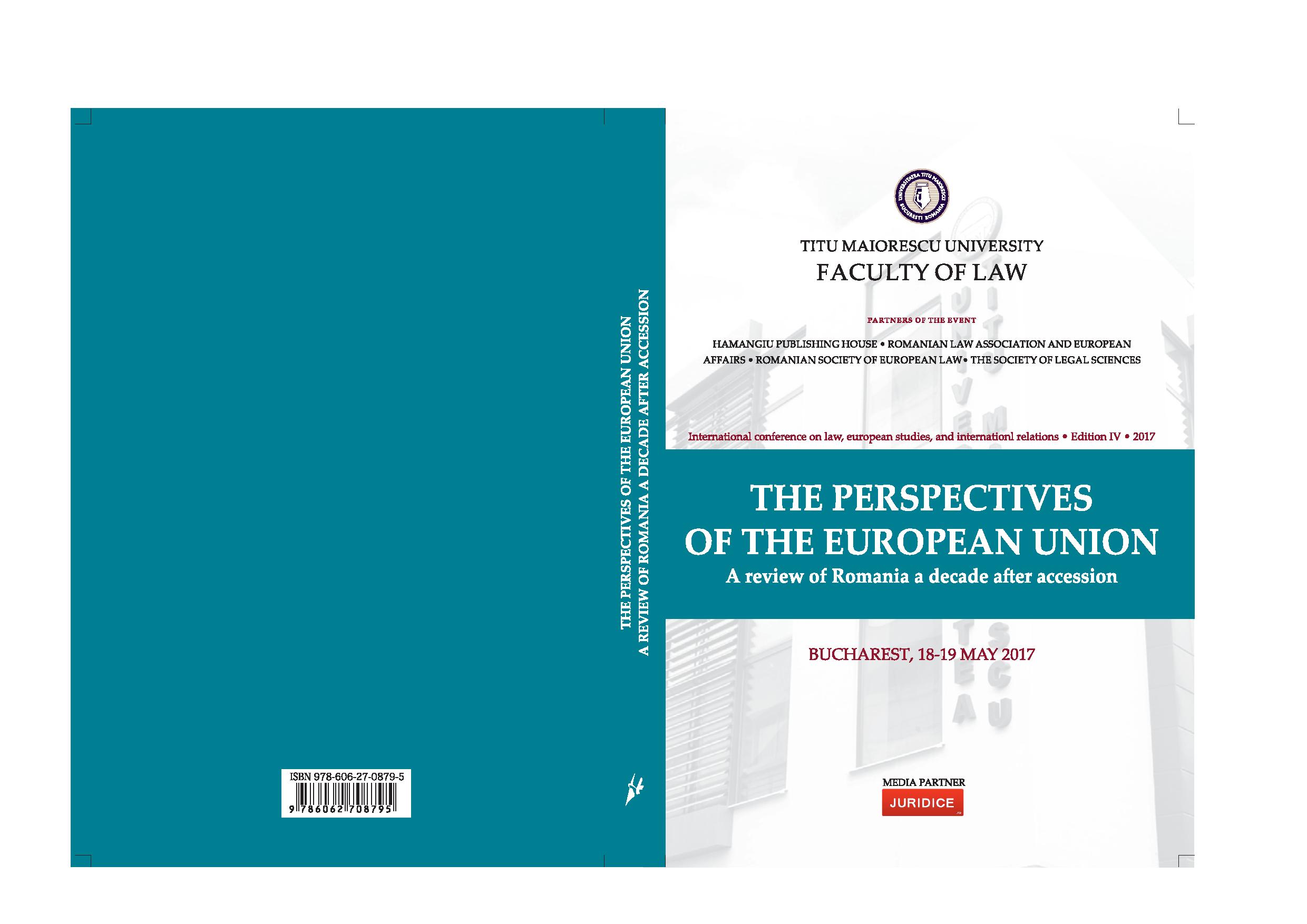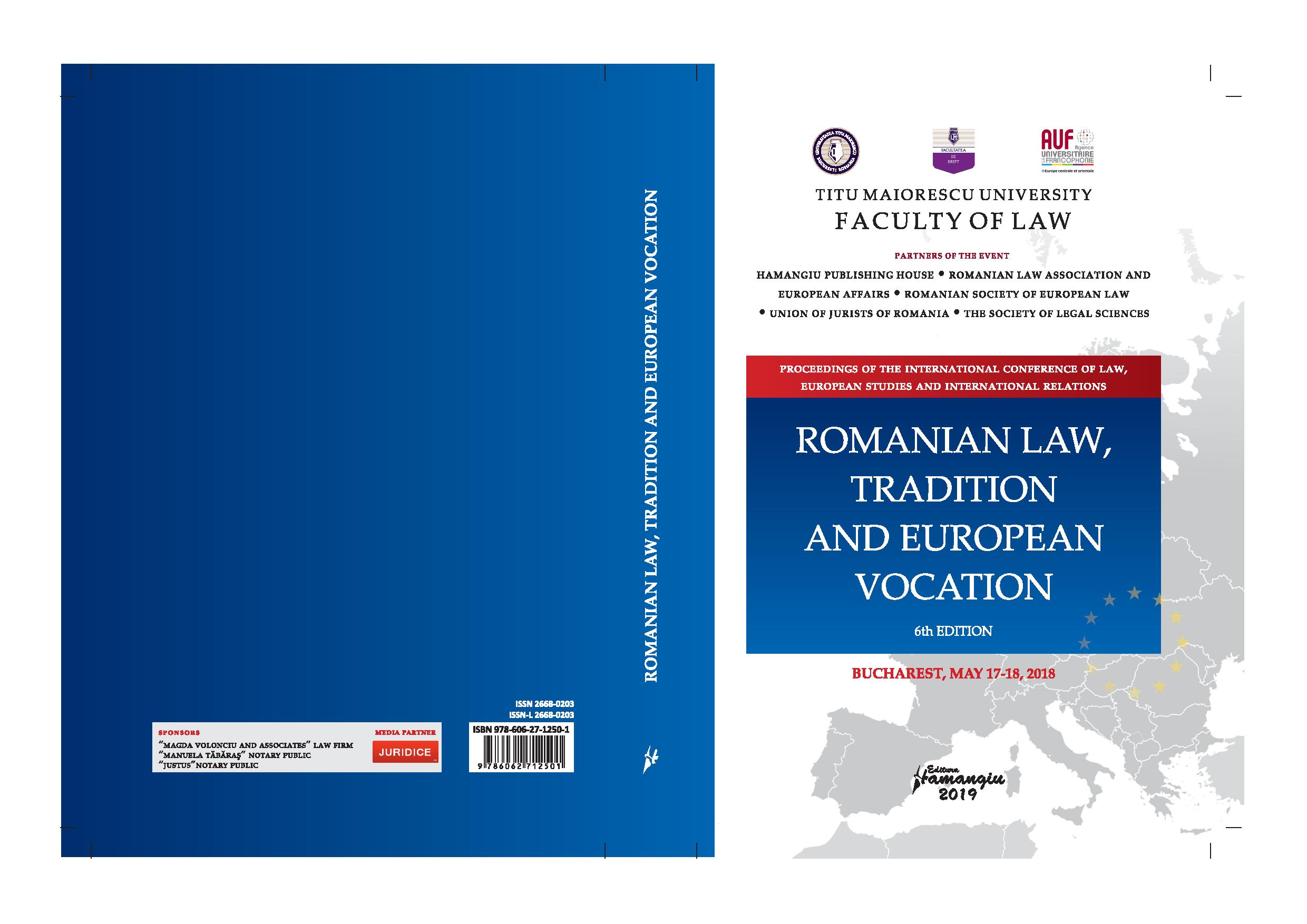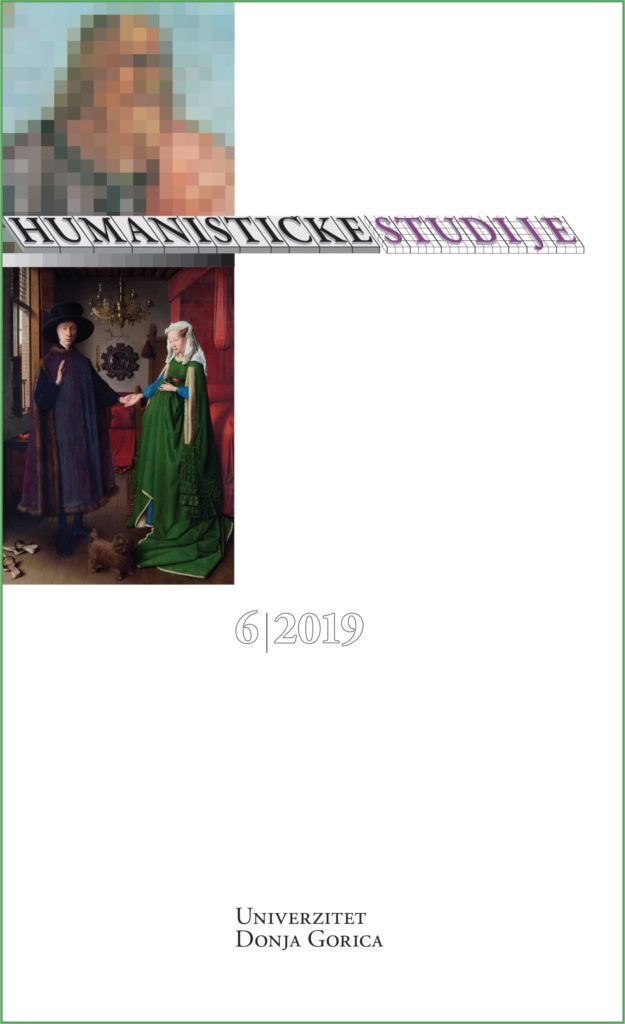
„Mecanismul de cooperare și verificare” (MCV): cadru juridic, abuzuri și remedii
The Cooperation and Verification Mechanism (CVM) represents a legal instrument by which a process of regular monitoring takes place in what concerns progress made by Romania (and Bulgaria) in the fields of the judicial system reform, eradicating corruption and fighting organized crime. According to the “principle of conferral”, the competence of the European Commission (EC) to create and use such an instrument has to be conferred by treaties. In the context of the treaties’ silence, the EC can establish CVM only using its implicit competences recognized in order to allow the monitoring of the fulfillment of the new member states’ commitments (in this case, Romania) made through the EU Accession Treaties. When fulfillment of these commitments is explicitly warranted by safeguard clauses, it follows that CVM is their main accessory. As a consequence, according to the accesorium sequitur principalem principle, CVM loses its validity at the moment when the period of validity of the safeguard clause expires; which, in Romania’s case already happened on the 1st of January 2010. As the EC control competences are exercised under censorship of the Court of Justice of the European Union (CJUE), Romania can demand to the latter, if necessary, to ascertain CVM caducity and obligation of EU and Member States to respect its consequences.
More...


